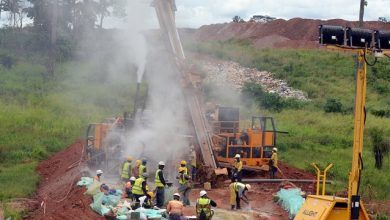
The Community Court of Justice of the Economic Community of West African States (ECOWAS) has ruled that the Federal Republic of Nigeria violated the human rights of Obianuju Udeh, Perpetual Kamsi, and Dabiraoluwa Adeyinka during the Lekki Toll Gate protests in Lagos State on October 20 and 21, 2020.
In a landmark judgment, the court found Nigeria in breach of multiple articles of the African Charter on Human and Peoples’ Rights, specifically Articles 1, 4, 6, 9, 10, and 11, which cover the right to life, security of person, freedom of expression, assembly and association, prohibition of torture, and the duty to investigate human rights violations and provide effective remedy.
Despite dismissing the allegation of a violation of the right to life under Article 4, the court ordered the Nigerian government to pay each applicant N2 million in compensation for the breach of their rights to security of person, freedom of expression, assembly and association, and prohibition of torture, among others. Justice Koroma Sengu, the judge rapporteur, emphasized that the government must investigate and prosecute those responsible for these violations and report back to the court within six months.
The applicants, who participated in the peaceful protests against the SARS unit of the Nigerian Police Force, alleged severe human rights violations. Obianuju Udeh, a key figure in the protests, reported that soldiers shot at protesters, causing deaths and injuries, an incident she live-streamed. She later received threatening phone calls, forcing her into hiding and eventual asylum. Perpetual Kamsi, responsible for protesters’ welfare, recounted being hospitalized after soldiers began shooting following a power cut. Dabiraoluwa Adeyinka narrowly escaped being shot and witnessed the refusal of ambulance access by soldiers, later taking over the care of victims due to inadequate hospital treatment.
The Nigerian government denied all claims, arguing that the protests were unlawful assemblies aimed at inciting violence against law enforcement. The government maintained that its agents followed strict rules of engagement and did not harm protesters, instead suggesting that the applicants lacked credible evidence.
However, the court concluded that the Nigerian government’s actions resulted in fundamental human rights violations, and the applicants were denied effective remedy. The ruling mandates the government to make reparations and adhere to its obligations under the African Charter on Human and Peoples’ Rights.





